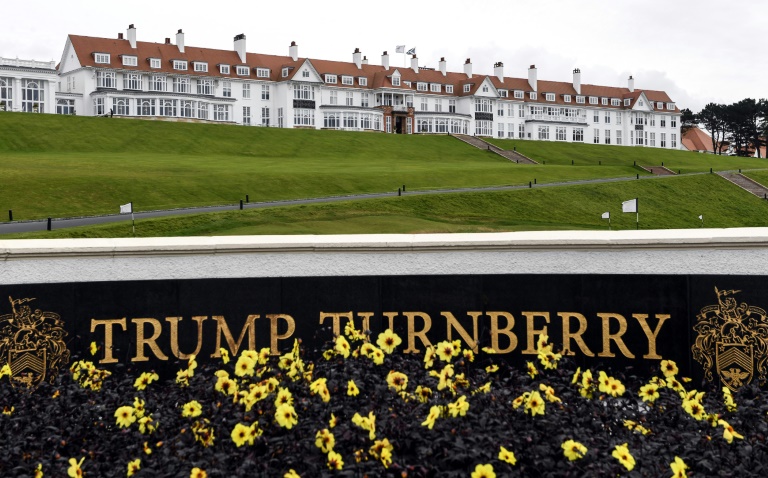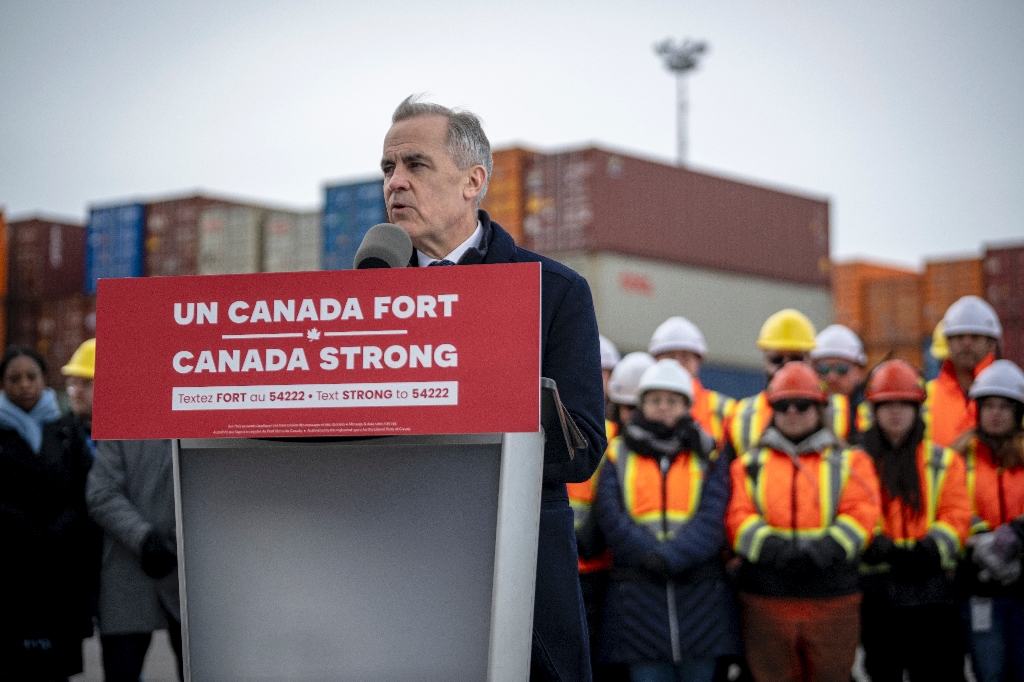(AFP) – Donald Trump does not take office until January 20, but on the world stage, he is already acting as if he is the US president. President-elect Trump has stamped his seal on US diplomacy regarding crises in Syria and Ukraine as his second spell in the White House approaches. World leaders have jostled to talk to Trump, and he was treated as the guest of honor at the grand reopening of the Notre Dame cathedral in Paris over the weekend. Lame-duck, single-term President Joe Biden, 82, was conspicuous by his absence at the ceremony, as he increasingly fades into the background.
“It’s not surprising at all that Trump would seek to already start playing shadow president,” Colin Clarke, director of research at security consultancy The Soufan Group, told AFP. “And I don’t even think it’s inappropriate at this point, because that’s the game that’s going to be in play.” However, while Trump himself was often a diplomatic disruptor in his first term in office, he now faces a more volatile international situation in his second presidency. “It seems like the world is going a little crazy right now,” Trump said as he met French President Emmanuel Macron on Saturday during his first foreign trip since the November 5 election.
The non-interventionist Trump has frequently spoken of his wish to keep the United States out of any more Middle Eastern wars and has called for a cut in US aid to Kyiv. As Syria’s President Bashar al-Assad teetered on Saturday, Trump stated on his Truth Social network that the United States should “not get involved”—despite the fact that it still has hundreds of troops in the north of the country. However, Assad’s sudden fall at the hands of Islamist-led rebels means Trump will find the inflamed region hard to ignore. The deal-maker in Trump even seemed to spy an opportunity. He said on Sunday that Russia had abandoned its ally Assad because it was focused on its war in Ukraine—and that it was now Vladimir Putin’s “time to act” and seek a ceasefire with Kyiv.
Separately, Trump, who has vowed staunch support for Israel, has warned there will be “hell to pay” if Gaza militants do not free hostages by the time he is inaugurated. The pronouncements followed a pattern for Trump, who shows every sign of surprising both friends and foes alike by unveiling policies on social media. Earlier this month, he used a series of nighttime Truth Social posts to announce plans to slap tariffs on Mexico, Canada, and China if they did not stop what he called the flow of migrants and drugs into the United States. “His recent statements and actions relating to US foreign policy may be unusual in terms of other incoming US presidents but completely in keeping with his own past conduct,” said Brian Finucane, a senior advisor at the International Crisis Group.
Trump’s shadow presidency is all the more potent because foreign leaders increasingly see the aging Biden as “basically nonexistent,” said The Soufan Group’s Clarke. “Most other world leaders, they’re ready to move on and start trying to figure out how to deal with an incoming Trump administration,” he added. These include Ukraine’s President Volodymyr Zelensky, who, despite his own fears that Trump could push Ukraine into a deal that sees it lose territory to Russia, met with the US president-elect in Paris under Macron’s stewardship.
This situation creates a delicate situation for Biden as he tries to shore up his own foreign policy legacy against the man he once called a threat to democracy. The outgoing Democrat has boosted military aid to Ukraine in his final months and partially claimed credit for both the fall of Assad and a ceasefire deal in Lebanon. However, Trump will still inherit from Biden one of the thorniest sets of foreign policy challenges of any president for decades. “That’s part of being the president, right? He’s not only the president in good times, but in challenging times,” said Clarke.
– Danny KEMP
© 2024 AFP




